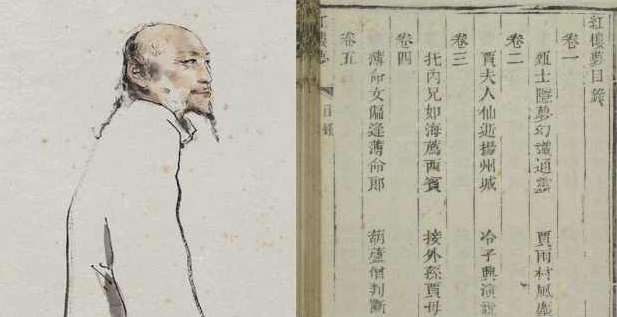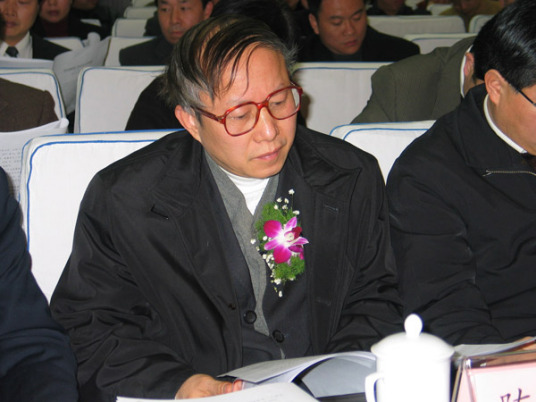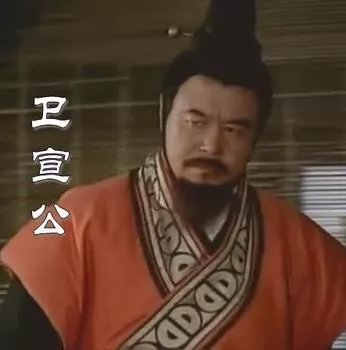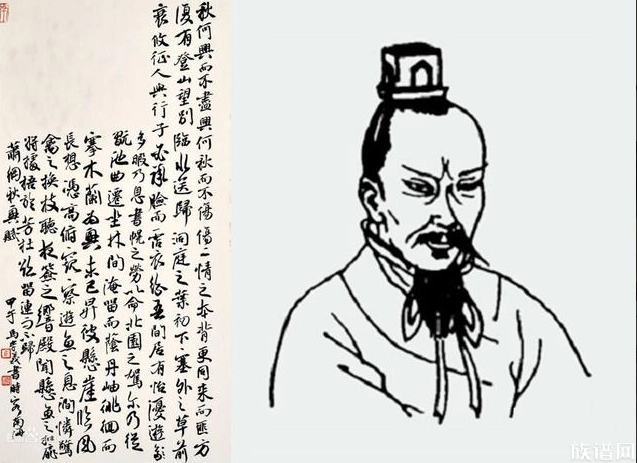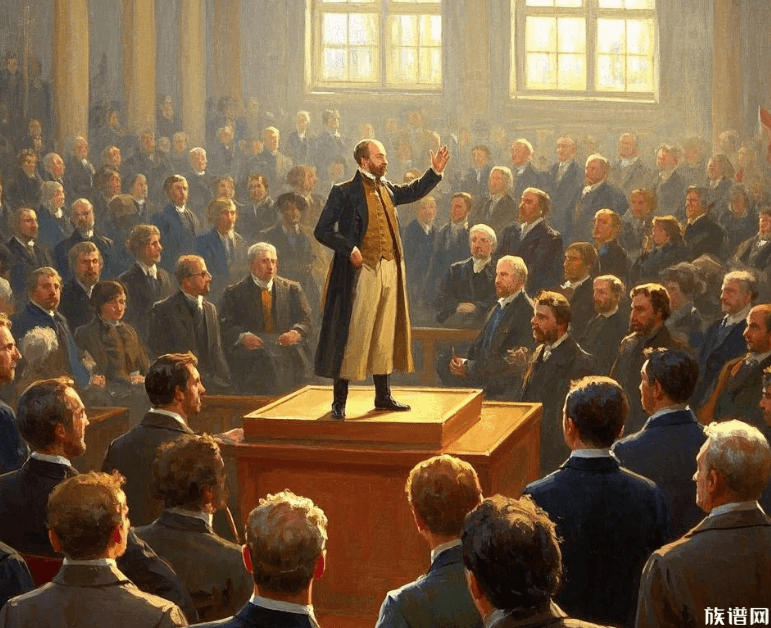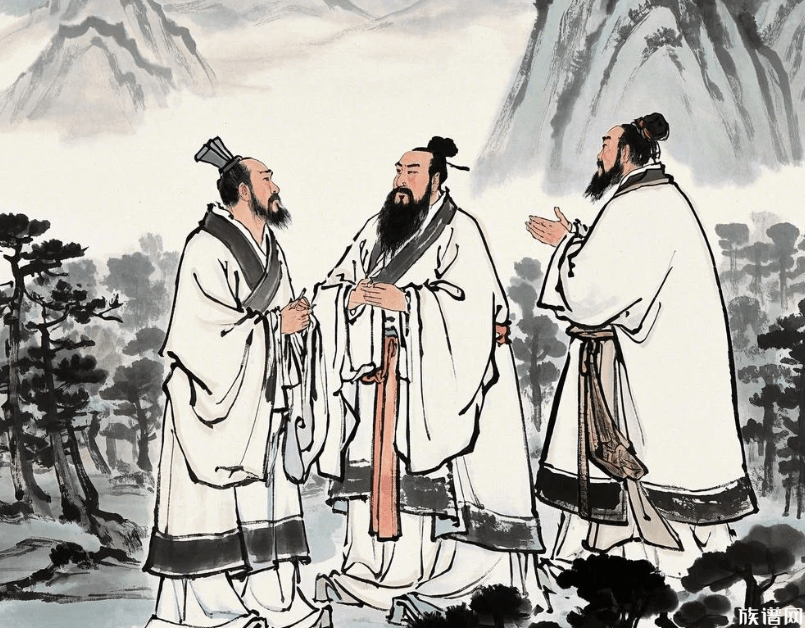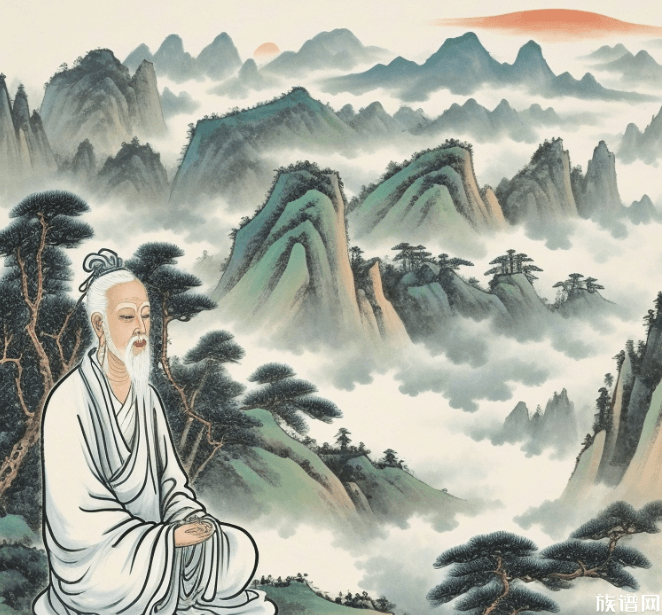泰伦斯·马利克
生平
泰伦斯·马利克出生在伊利诺伊州的渥太华,父亲是一位石油公司的高阶主管,并有亚述的血统 ,于是泰伦斯后来在德州与奥克拉荷马州的油田工作。泰伦斯·马利克后来搬到德州的奥斯汀,并且毕业于奥斯汀的圣史蒂芬中学。他后来在哈佛大学学习哲学,老师为斯坦利·卡维尔(Stanley Cavell)。1965年从哈佛毕业后,马利克获得罗德奖学金前往英国牛津大学学习。马利克与指导教授吉伯特·赖尔(Gilbert Ryle)意见不合,主要是在他对于索伦·奥贝·克尔凯郭尔、马丁·海德格尔、维希·维特根斯坦等人思想的看法。于是他没有取得博士学位就离开牛津大学。
西北大学出版社在1969年出版了泰伦斯·马利克翻译海德格尔的作品 The Essence of Reasons ( Vom Wesen des Grundes )。在泰伦斯·马利克返回美国后,他在麻州理工学院教授哲学,并且以自由作家的身份在《新闻周刊》、《纽约客》与《生活》上发表文章。
他与Michele Morette在1985年结婚,不过后来在1998年离婚。Michele Morette在2008年7月因胰脏癌于法国巴黎去世。而泰伦斯·马利克则在1998年与亚丽珊卓拉·华勒斯(Alexandra "Ecky" Wallace)再婚,目前他们住在奥斯汀。
导演生涯
泰伦斯·马利克在1969年获得美国电影音乐学院的艺术创作硕士之后开始拍摄电影,首部作品是《 Lanton Mills 》。他也因这部作品与杰克·尼克逊与麦克·麦佛伊(Mike Medavoy)互相认识。
在担任编剧及剧本医生(script doctor)之后,他开始拍摄电影《穷山恶水》( Badlands )与《天堂之日》( Days of Heaven )。《穷山恶水》入围1项英国电影和电视艺术学院奖,而《天堂之日》则入围4项奥斯卡奖(最后获得1项),泰伦斯·马利克则以此片获得戛纳电影节最佳导演奖。这2部作品都被认为是电影史上的经典。在拍摄完《天堂之日》后,泰伦斯·马利克搬到法国,并且在萤光幕前消失20年之久。直到他于1998年拍摄《细细的红线》( The Thin Red Line ),获得柏林电影节金熊奖,并因此入围7项奥斯卡奖,不过最后没有赢得任何一个奖。
原本泰伦斯·马利克的第4部剧情长片被认为将会是切·格瓦拉的传记电影,并且创作电影剧本。不过后来这个案子却是由史蒂芬·索德柏来执行。泰伦斯·马利克则选择拍摄《决战新世界》( The New World ),他在1970年代末就已经完成这部电影的剧本。描述詹姆士城的约翰·史密斯(John Smith of Jamestown)与宝嘉康蒂之间的爱情故事。《决战新世界》于2005年12月25日上映,后来并入围1项奥斯卡奖。
泰伦斯·马利克也编写许多著名的剧本,包括《双雄妙计闯三关》( Pocket Money 、1972年)及《大火球》( Great Balls Of Fire 、1989年)与《肮脏的哈里》( Dirty Harry 、1971年)的草稿 。
先前曾经传出泰伦斯·马利克可能会改编美国作家渥克·柏西(Walker Percy)的著作《热爱电影的人》( The Moviegoer ),2006年5月也有他将改编杰罗姆·大卫·塞林格的《麦田捕手》的传闻,虽然最后都没有得到证实。
泰伦斯·马利克于2011年完成作品《生命之树》,该片命题很广、思想丰富且难懂,它获得了2011年第64届戛纳电影节金棕榈奖 。2012年,完成拍摄爱情片《通往仙境》。
2014年,执导的电影《圣杯骑士》入围第65届柏林电影节主竞赛类。
作品列表
相关文献
Peter Biskind, 1998. Easy Riders / Raging Bulls , London: Bloomsbury.
Peter Biskind, 1998. ‘The Runaway Genius’, Vanity Fair , 460, Dec, 116-125.
Stanley Cavell, 1979. The World Viewed: Reflections on the Ontology of Film , Enlarged Edition, Cambridge, MA: Harvard University Press.
Michel Chion, 1999. The Voice in Cinema , translated by Claudia Gorbman, New York & Chichester: Columbia University Press.
Michel Ciment, 1975. ‘Entretien avec Terrence Malick’, Positif , 170, Jun, 30-34.
G. Richardson Cook, 1974. ‘The Filming of Badlands : An Interview with Terry Malick’, Filmmakers Newsletter , 7:8, Jun, 30-32).
Charlotte Crofts, 2001, ‘From the “Hegemony of the Eye” to the “Hierarchy of Perception”: The Reconfiguration of Sound and Image in Terrence Malick’s Days of Heaven ’, Journal of Media Practice , 2:1, 19-29.
Terry Curtis Fox, 1978. ‘The Last Ray of Light’, Film Comment , 14:5, Sept/Oct, 27- 28.
Cameron Docherty, 1998. ‘Maverick Back from the Badlands’, The Sunday Times , Culture, 7 Jun, 4.
Martin Donougho, 1985. ‘West of Eden: Terrence Malick’s Days of Heaven’, Postscript: Essays in Film and the Humanities, 5:1, Fall, 17-30.
Roger Ebert,Review of Days of Heaven, Chicago Sun-Times Inc
Graham Fuller, 1998. ‘Exile on Main Street’, The Observer , 13 Dec, 5.
John Hartl, 1998. ‘Badlands Director Ending his Long Absence’, Seattle Times , 8 Mar.
Brian Henderson, 1983. ‘Exploring Badlands ’. Wide Angle: A Quarterly Journal of Film Theory , Criticism and Practice, 5:4, 38-51.
Les Keyser, 1981. Hollywood in the Seventies , London: Tantivy Press.
Terrence Malick, 1973. Interview the morning after Badlands premiered at the New York Film Festival, American Film Institute Report , 4:4, Winter, 48.
Terrence Malick, 1976. Days of Heaven , Registered with the Writers Guild of America, 14 Apr; revised 2 Jun.
James Monaco, 1972. ‘ Badlands ’, Take One , 4:1, Sept/Oct, 32.
Kim Newman, 1994. ‘Whatever Happened to Whatsisname?’, Empire , Feb, 88-89.
Brooks Riley, 1978. ‘Interview with Nestor Almendros’, Film Comment , 14:5, Sept/Oct, 28-31.
J. P. Telotte, 1986. ‘ Badlands and the Souvenir Drive’, Western Humanities Review , 40:2, Summer, 101-14.
Liv Torgerson, 1999.‘Conversations with Billy Weber and Leslie Jones’, Motion Picture Editors Guild Newsletter
Beverly Walker, 1975. ‘Malick on Badlands ’, Sight and Sound , 44:2, Spring, 82-3.
Janet Wondra, 1994. ‘A Gaze Unbecoming: Schooling the Child for Femininity in Days of Heaven ’, Wide Angle , 16:4, Oct, 5-22.
免责声明:以上内容版权归原作者所有,如有侵犯您的原创版权请告知,我们将尽快删除相关内容。感谢每一位辛勤著写的作者,感谢每一位的分享。

相关资料
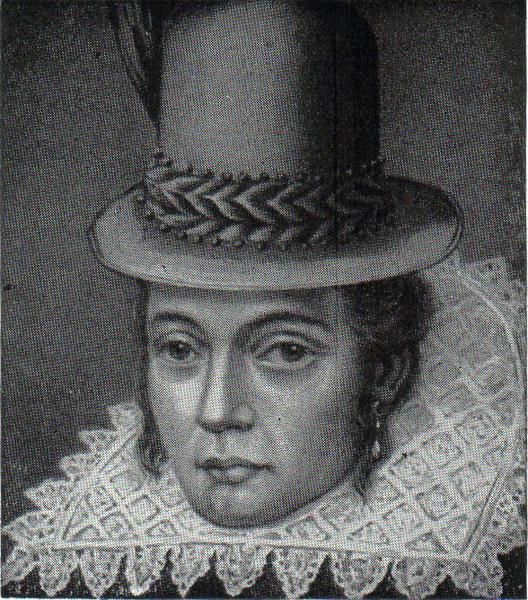

- 有价值
- 一般般
- 没价值



24小时热门
推荐阅读
关于我们

APP下载





















